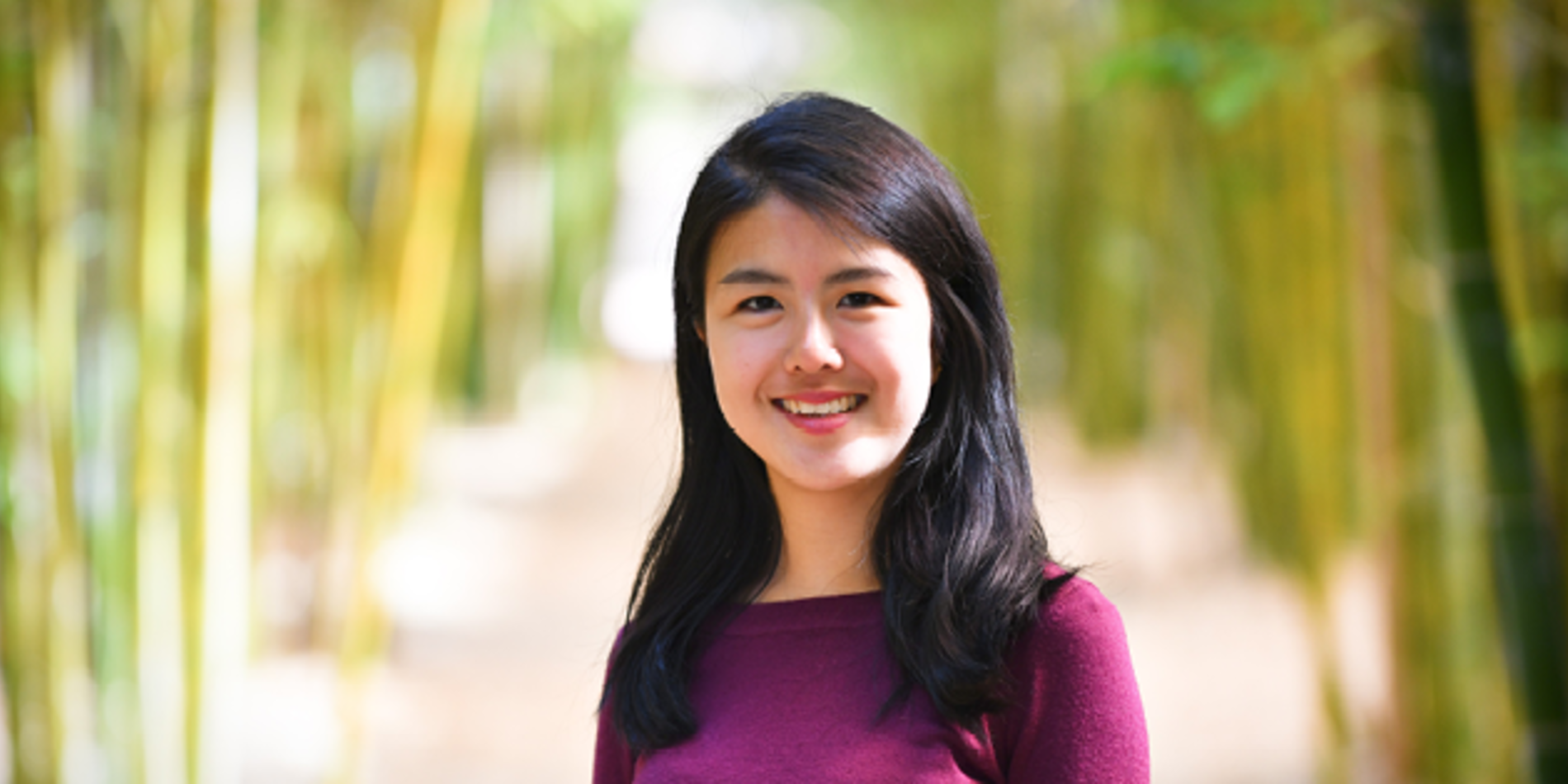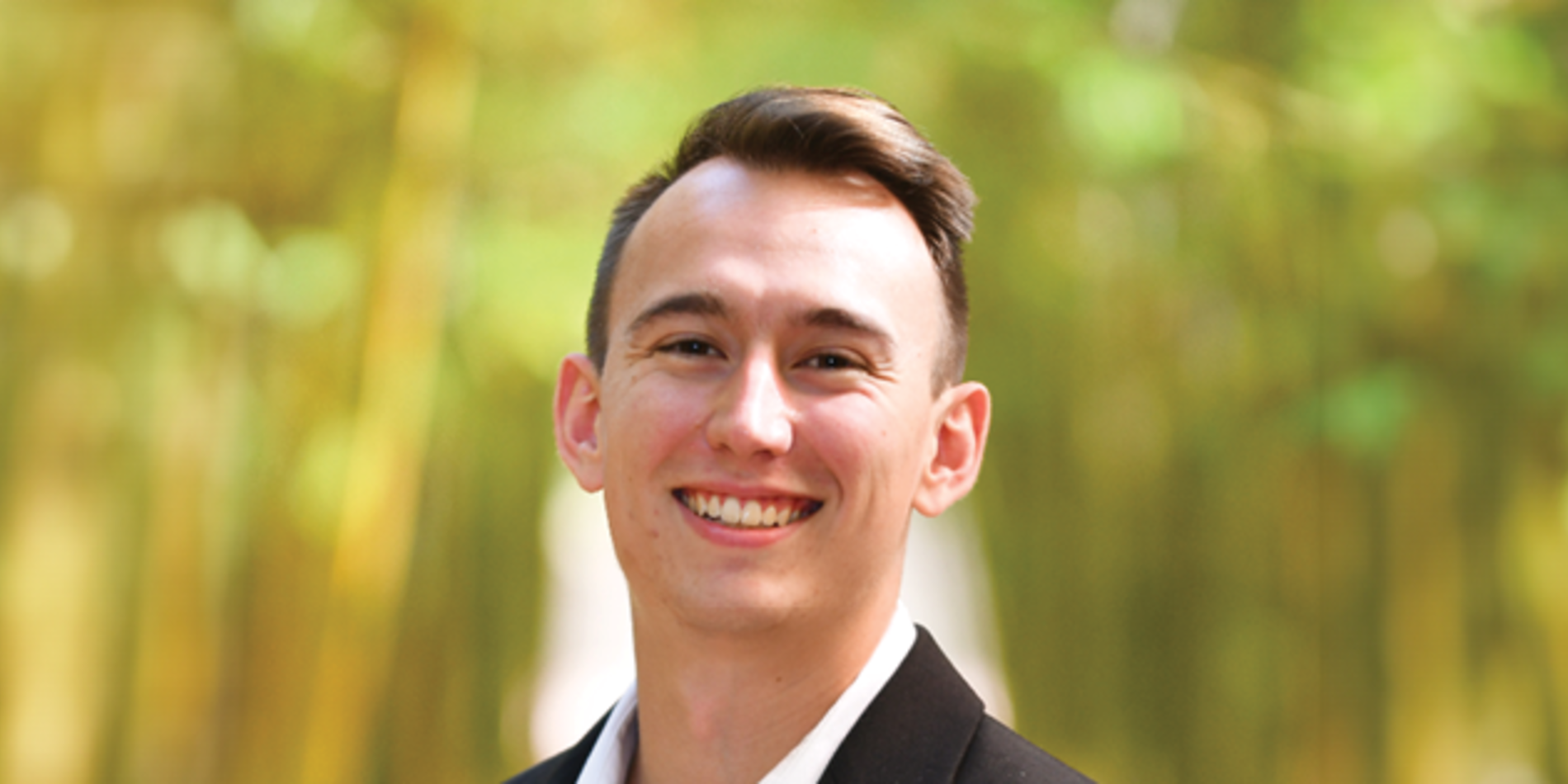Chunzi Liu | Student Spotlight

Chunzi Liu
PhD Candidate
Chemical Engineering
"For me, graduate research has been a process of connecting the dots, and the thread is my passion for understanding biological phenomena from a physics perspective. In my first year at Stanford, biology was an entirely new and daunting subject for me, as someone with a background in solid mechanics and optics. During my first graduate rotation on polymer physics theory, I had the chance to explore protein biophysics and discovered mechanotransduction as an exciting perspective of cell biology, which drove me to join Professor Fuller’s laboratory and investigate the interfacial and adhesive properties of the ocular epithelium.
With a passion for instrument building, I started my own research by modifying a live cell rheometer and studied contact lens/cornea interaction. This would have been my thesis project had I not met Dr. Kayvon Pedram during a ChEM-H poster symposium. Kayvon was then studying a newly purified enzyme that we realized would be a tremendously helpful tool for investigating the molecular mechanism of ocular adhesion. We initiated a collaboration that focuses on the contribution of glycoproteins to dry eye disease, which shifted my entire thesis focus. Looking back, I have always been intrigued by optics and vision research, but the specific path that I took was not planned, and I went wherever my interests led me.
One of my favorite graduate school memories is the Shriram basement happy hour every Friday. My research and my growth as a scientist benefited from members of the Shriram basement. When I started my research with little knowledge on biology, I often found myself clueless about experimental design and protocols. I remember once I was holding a bacterial stab wondering how to do a transfection when I ran into Dr. Claudia Vasquez, who then volunteered two weeks of her time to teach me how to do plasmid preparations and transfections. Over Friday happy hours, they became my mentors as well as my friends. The kindness and generosity that I learned from them are gifts for my future academic career.
Learning mentorship skills is a unique experience to me at Stanford. Over my graduate school career, I had the opportunity to mentor six bright scientists in different stages (from high school interns to graduate students), serve as a teaching assistant for graduate fluid dynamics and rheology classes, and teach polymer classes via outreach programs at Stanford Polymer Collectives (SPC). My mentees often bring new perspectives to my work and interacting with them keeps me thinking deeper and more critically on my own project. Over time, I learned more from my mentees than them from me, a wonderfully satisfying feeling.
In the future, I would like to continue research in the biophysics area. It is a privilege for me to conduct graduate research at Stanford, which continually broadens my view on future possibilities. I believe now is an exciting time to pursue biophysics research with the rapid pace of technology advancements, and I will never stop being curious about my surroundings."


